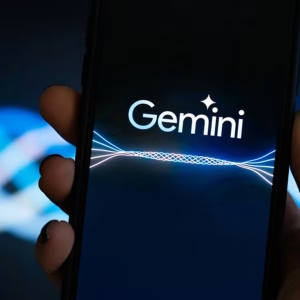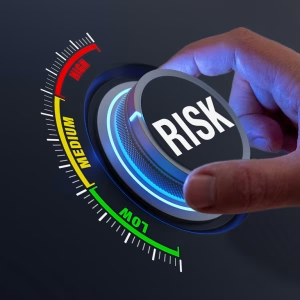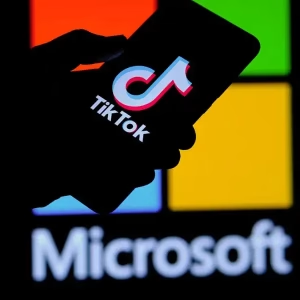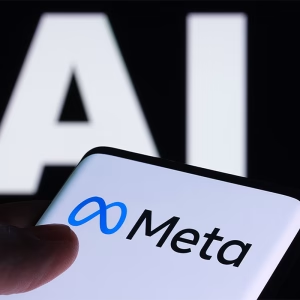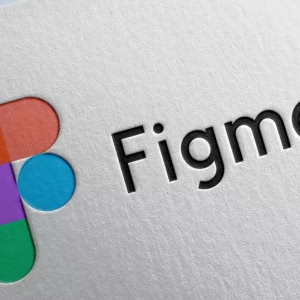A recent study has concluded that existing laws are adequate for addressing copyright or trademark issues in non-fungible token (NFT) transactions. Despite the NFT bubble bursting some time ago, the US Government has only recently released a report examining the legal framework surrounding it.
Conducted jointly by the US Copyright Office (USCO) and the Patent and Trademark Office (USPTO) at the request of the Senate in 2022, the study found that current intellectual property laws are sufficient to handle copyright or trademark infringement within the realm of NFTs. However, the report also highlights that trademark infringement and misuse are prevalent on NFT marketplaces, despite some benefits associated with the tokens.
As a reminder, an NFT is a digital certificate of authenticity conferring ownership of a collectible, such as an artwork or piece of music. It’s effectively a verified link to a piece of media which may or may not live on the blockchain, but whoever owns the destination of an NFT’s URL can change the media it points to at any time. In one notable case in 2021, Signal founder Moxie Marlinspike created an NFT that he promised would appear to be a poop emoji when someone bought it.
The offices noted that NFTs and associated smart contracts can aid trademark owners in managing, licensing and transferring IP rights. Those who weighed in on the issue in public comments pointed out that NFTs can help artists make money from future sales of their work too. That’s not inherently a bad thing, even if a large swath of NFT art is butt-ugly.
However, the study noted “widespread concern that NFT buyers and sellers do not know what IP rights are implicated in the creation, marketing and transfer of NFTs and that NFTs may be used to facilitate copyright or trademark infringement.”
The report notes that the decentralized nature of NFTs and blockchain networks complicates any attempts to enforce trademarks. “While some individual NFT platforms have developed protocols to help trademark owners enforce their rights, there is no centralized authority that requires all platforms to do so,” the report reads. “There are also no cross-platform mechanisms to allow trademark owners to identify and take down infringing content, settle trademark-related disputes involving blockchain-based domain names, or confirm that sellers own the trademark rights associated with the assets they offer.”
With all of that in mind, the offices said that educating the public about NFTs could help ensure a better understanding and awareness of the tokens and how they work. Still, they recommended in their report to Congress that the current use of NFTs doesn’t require changes to current IP laws. They also noted that “incorporating NFTs into their registration and recordation practices is not necessary or advisable at this time.” In other words, they don’t think they should have to deal with NFTs either.
Source : Engadget






